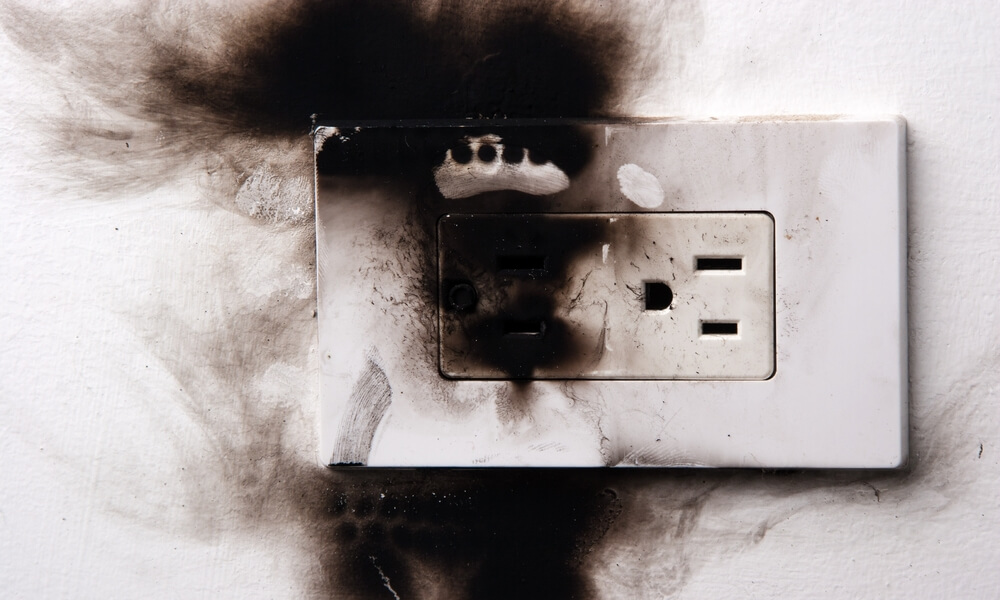How much would have to go wrong to pose a serious threat to your business?
Many businesses approach technology with an “if it ain’t broke don’t fix it” mindset that can unexpectedly land them in trouble. An over-reliance on everything continuing to work can backfire the moment something doesn’t. If it takes many things going wrong all at once to damage your business, then you have some degree of protection. But when it only takes one mistake to bring everything crashing down, then you have what is known as a single point of failure. Rather than letting the problem go unchecked, here’s how to identify weak points in your current system, and the steps you can take to prevent or mitigate catastrophe.
Power.
What happens if your building loses power? Does your business shut down for the day? Will it affect your clients? There’s a reason why hospitals have multiple backup generators. They know that if they rely solely on the power grid, an outage would risk their patients’ lives.
The consequences may not be as catastrophic for your business, but they can still cause damage if you haven’t taken steps to protect your technology and data. If you need to maintain business operations, invest in generators (and backup generators!). Even if you can withstand a brief loss of power, you should ensure access to your most important data via remote storage.
Data storage.
Where do you keep your data, how do you access it, and how frequently do you back it up? If your answer are “on-site,” “on-site,” and “sometimes,” then you are putting your business at risk. And yet many businesses still depend on their office servers as the key to their backup and recovery plan.
Your business may still want to use on-site servers, but you should also have off-site servers that you can remotely access. Identify how frequently your data backups need to happen before a loss would threaten your business, and conduct these backups on schedule. Your IT partners can work with you to make sure these backups happen routinely and without disrupting your business.
Internet access.
Like loss of power, loss of Internet connectivity can impede your work or halt operations entirely. We’ve written before about the benefits of having two Internet connections for your business. Redundant connectivity gives you a backup connection in case you experience problems with your primary service.
Of course, even this isn’t foolproof. A significant catastrophe can still disable both connections at once, which is why it’s important to maintain backups of all your data.
Security.
There’s a reason why we recommend multifactor authentication and other redundant security measures to protect your data. If it only takes one employee using a weak password to compromise your system, then you could be at significant risk of a data breach.
It’s not just passwords you have to worry about, of course. Maintaining secure data storage facilities, keeping your network up to date, and enabling the appropriate firewalls and antivirus protection are all necessary measures.
A little due diligence goes a long way.
There’s a lot that can go wrong with any business. Even with precautions in place, you could still lose data in the event of a natural catastrophe, or fall prey to a malignant hacker attack. However, by assessing and preventing single points of failure in your system, you can do a lot to protect your business and your customers.
